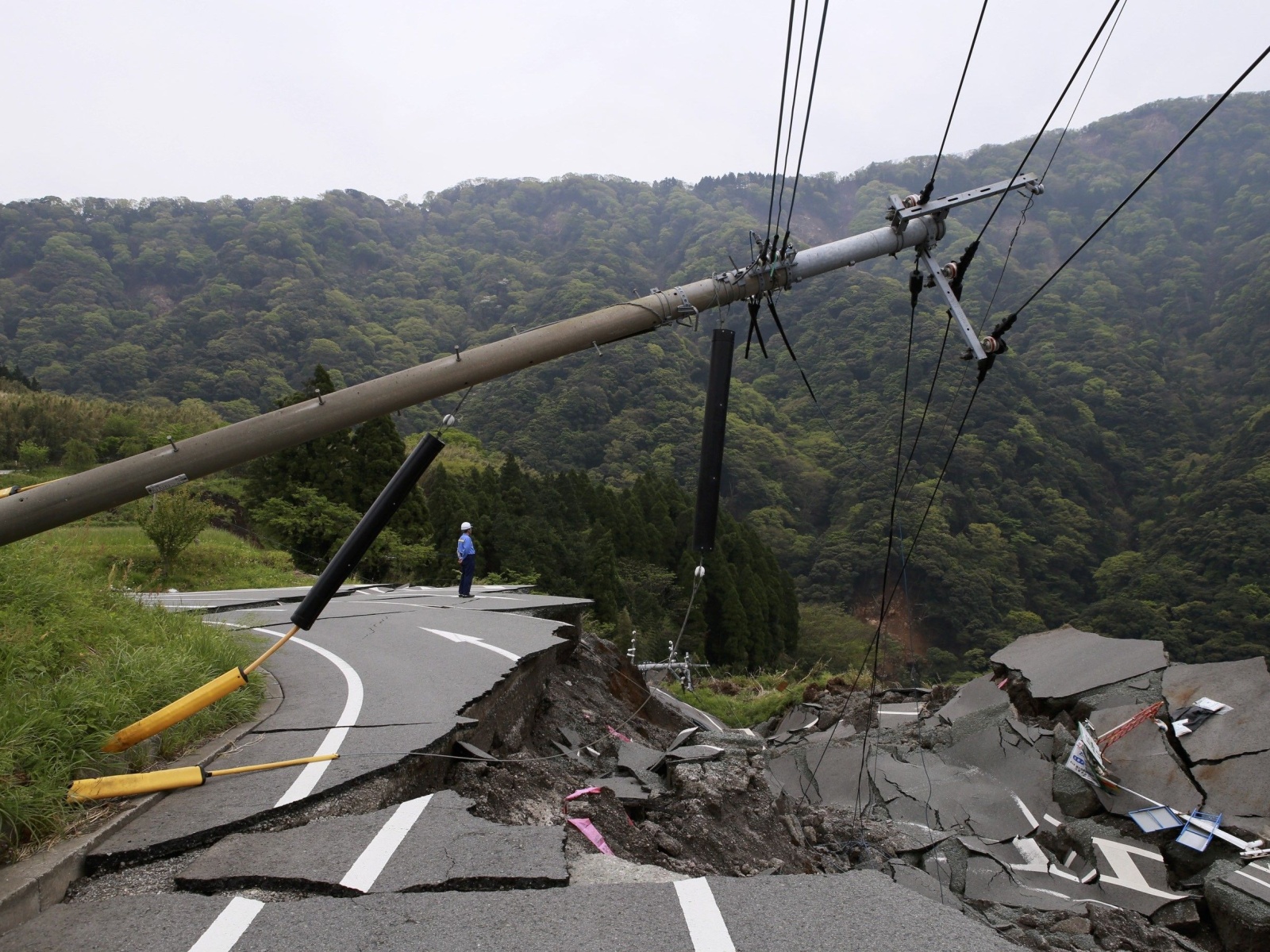
Many preppers prepare for unlikely events like asteroid impacts or super-volcanic eruptions, using resources and time to prepare for scenarios that may never occur Even though these cataclysmic events have low odds, preppers feel better knowing they’re prepared for the unexpected. However, a better use of time is to prepare for more likely events, like a disruption to the supply chain.
2. Biased Thinking

Preppers, getting ready for emergencies, tend to look for info that backs up their beliefs, sometimes missing data that questions their views. This might hold them back and make it harder for them to be ready for various situations. It is critical to take in opposing viewpoints and weigh all the information together to make an informed decision.
3. Ignoring Location
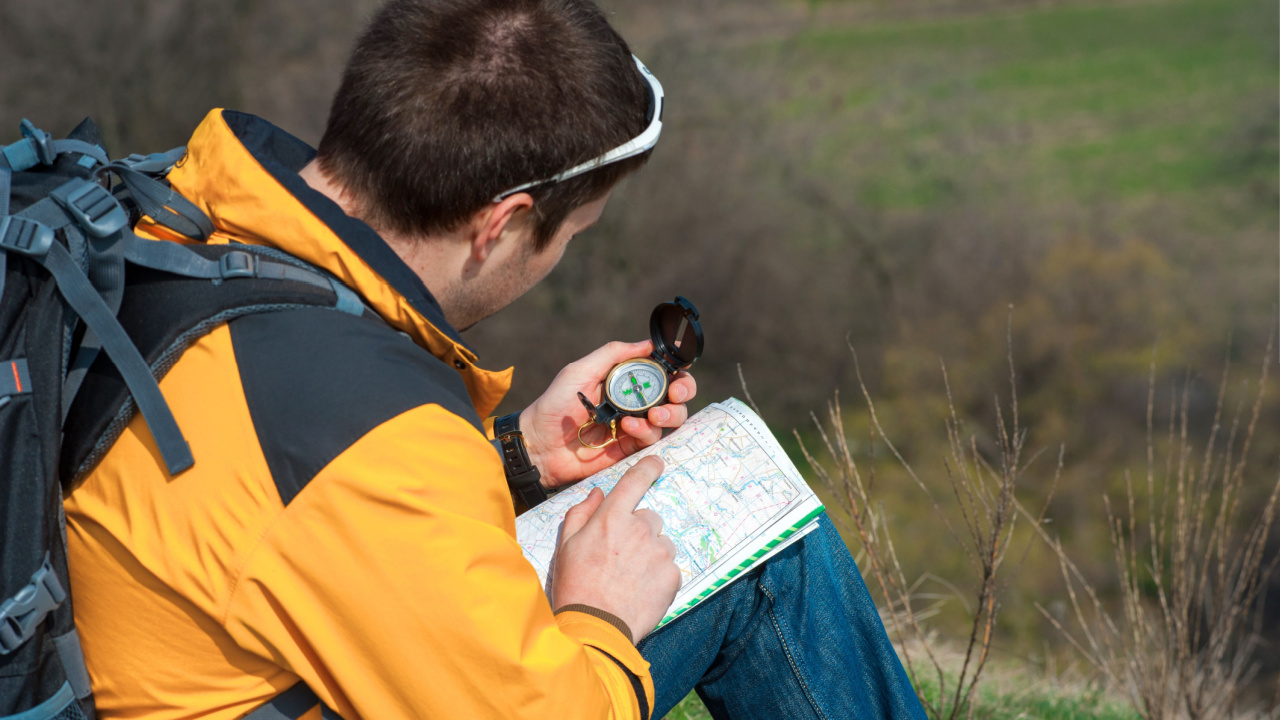
Many survival enthusiasts forget to consider area-specific risks and prepare for uncommon disasters that are unlikely in their area. Not planning for a hurricane if they live near the beach or a volcano if they live near a dormant volcano can leave them vulnerable in a crisis.
4. Underestimating People

Many survival plans assume people will quickly become hostile in crises. However, throughout history, people have frequently pulled together to help one another during hardship. While there will always be bad actors, one should never assume that all people will resort to violence during an emergency.
5. Ignoring History

Depending too much on isolated events could mess with how preppers see the usual odds of things happening. Instead of learning more about historical patterns to help predict the likelihood of certain disasters, they focus on one event and prepare for it exclusively.
6. Not Relying On Official Data

Some preppers may disregard data from official sources entirely, instead relying on unverified or biased information that they have found from less reliable sources. Ignoring official information can leave preppers at risk of unanticipated dangers and hinder their ability to prepare for emergencies.
7. Overlooking Immediate Needs
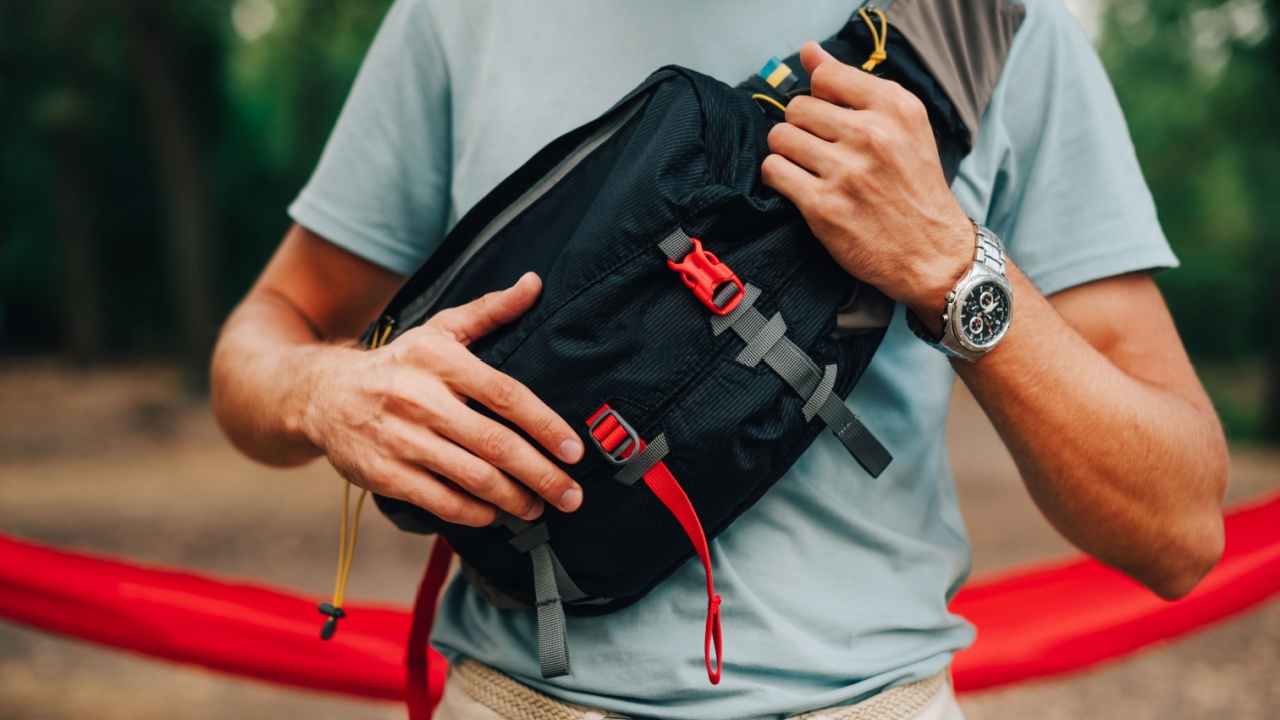
Sometimes, preppers get caught up prepping for the long haul and overlook the basics needed right after a disaster strikes. Although skills like hunting, farming, and building shelters are crucial for long-term survival, they might not be as vital in the immediate aftermath of a disaster.
8. Believing Cool Survival Stories
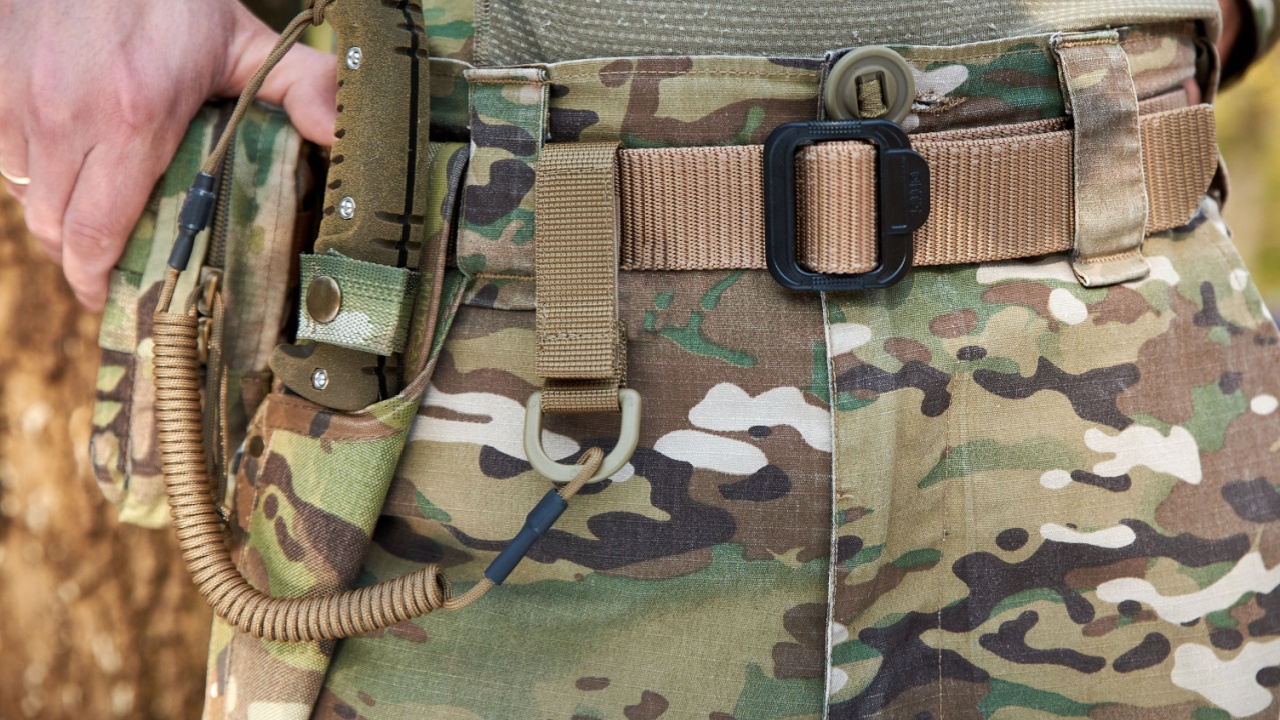
Exceptional stories of survival may inspire preparations that don’t work in real disaster situations. Whether the story is from a movie, TV show, or social media, it’s important to remember that these are often dramatized and may not accurately depict real-life survival situations. Even if it says it is based on a true story, it doesn’t mean everything you see actually happened.
9. Ignoring Basic Skills
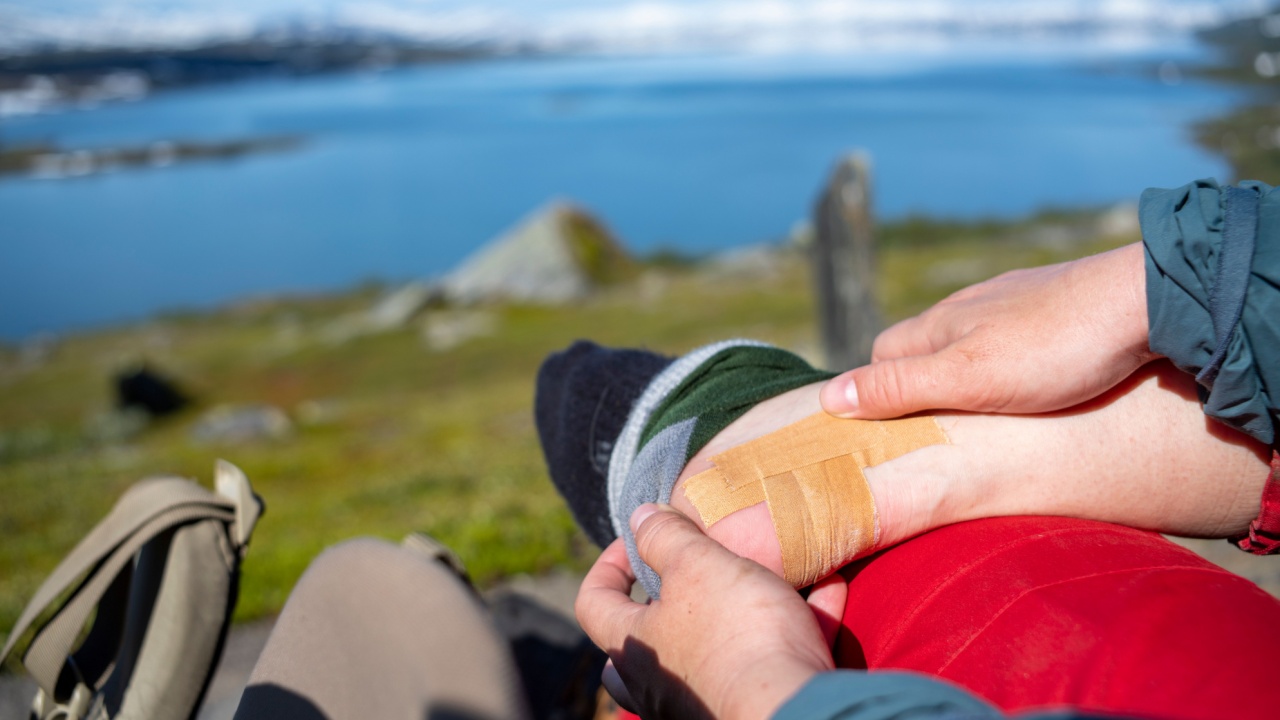
While learning unique skills like Morse Code might be fun and interesting, it’s important not to neglect basic survival skills. Skills like starting a fire, purifying water, and building shelter are essential for survival in any disaster.
10. Going It Alone
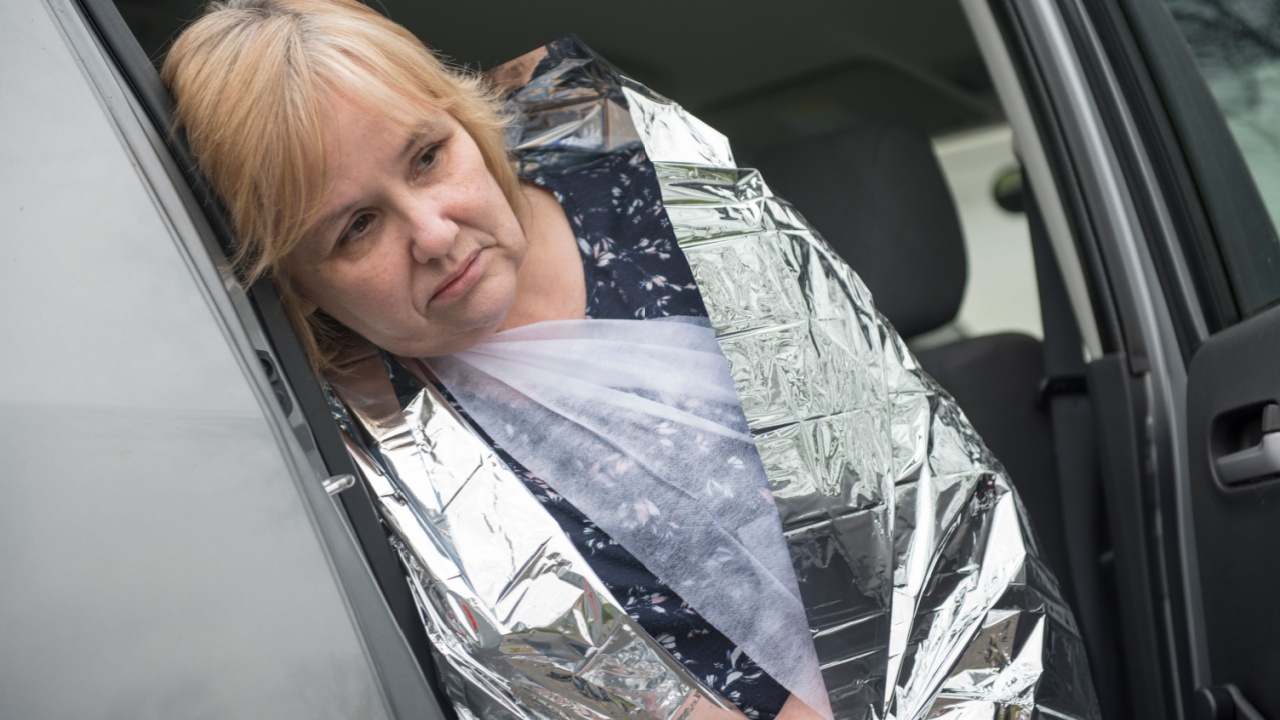
You constantly hear that surviving alone is the way to go, which can appeal to some preppers, especially those distrustful of others. But, even if you have all the necessary supplies and skills, no one person can do everything alone, and having a group of like-minded individuals can significantly increase your chances of survival.
11. Overlooking The Mental Challenge
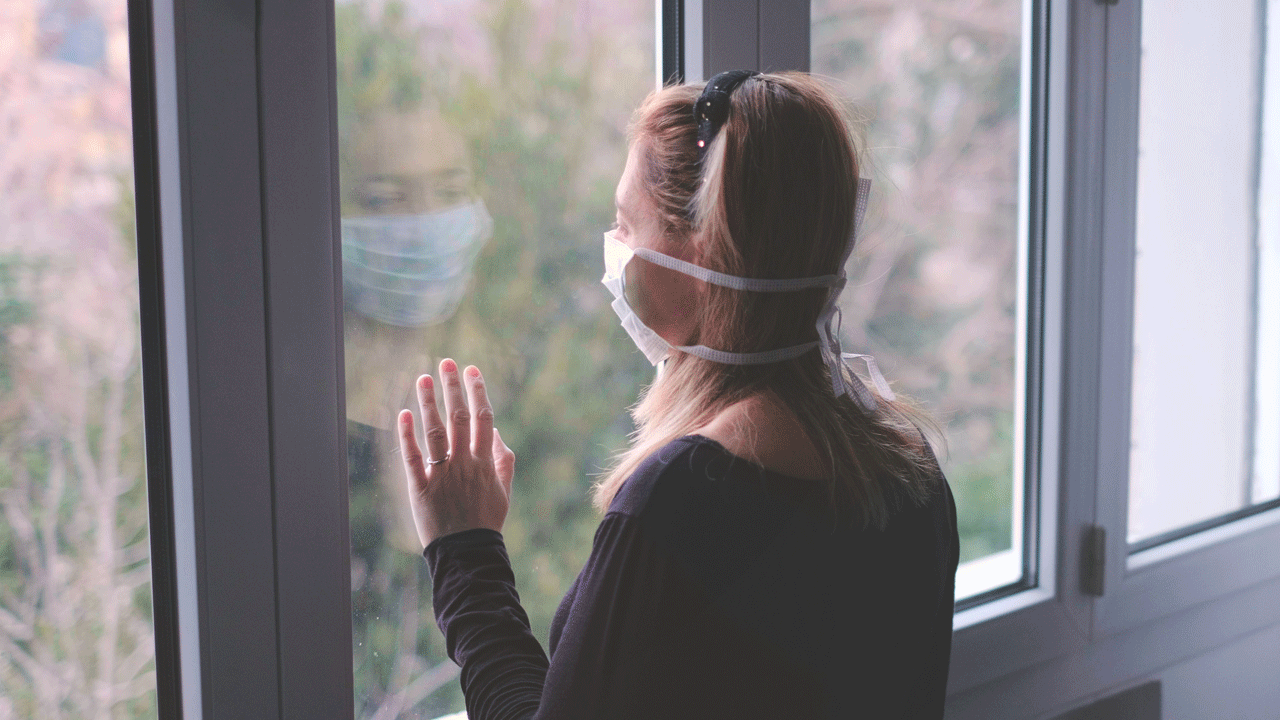
Getting yourself equipped with the right gear and picking up survival skills is key, but don’t forget about the mental and emotional challenges in survival scenarios. Many preppers think they will be able to handle any situation, but the reality is that being in a disaster situation can take a toll on your mental well-being.
12. Depending On Technology

Some preppers of today are into all the latest tech gadgets without overthinking what to do if there’s a long-term power outage or tech failure during a crisis. While tech has its place, having the knowledge and skills to survive without it is important.
13. Impractical Thinking

Realistically, looking at what could happen and using credible data to make decisions when prepping is crucial for long-term survival. Some preppers might not consider long-term challenges, such as living off the land, and instead mainly focus on short-term survival with food and water for a few weeks.
14. Overlooking Physical Fitness

Preppers might have lots of food and supplies, but not everyone thinks about staying fit. Being physically strong and having good endurance is key during disasters, especially when lifting heavy stuff and handling harsh conditions.
15. Not Rotating Stockpiles
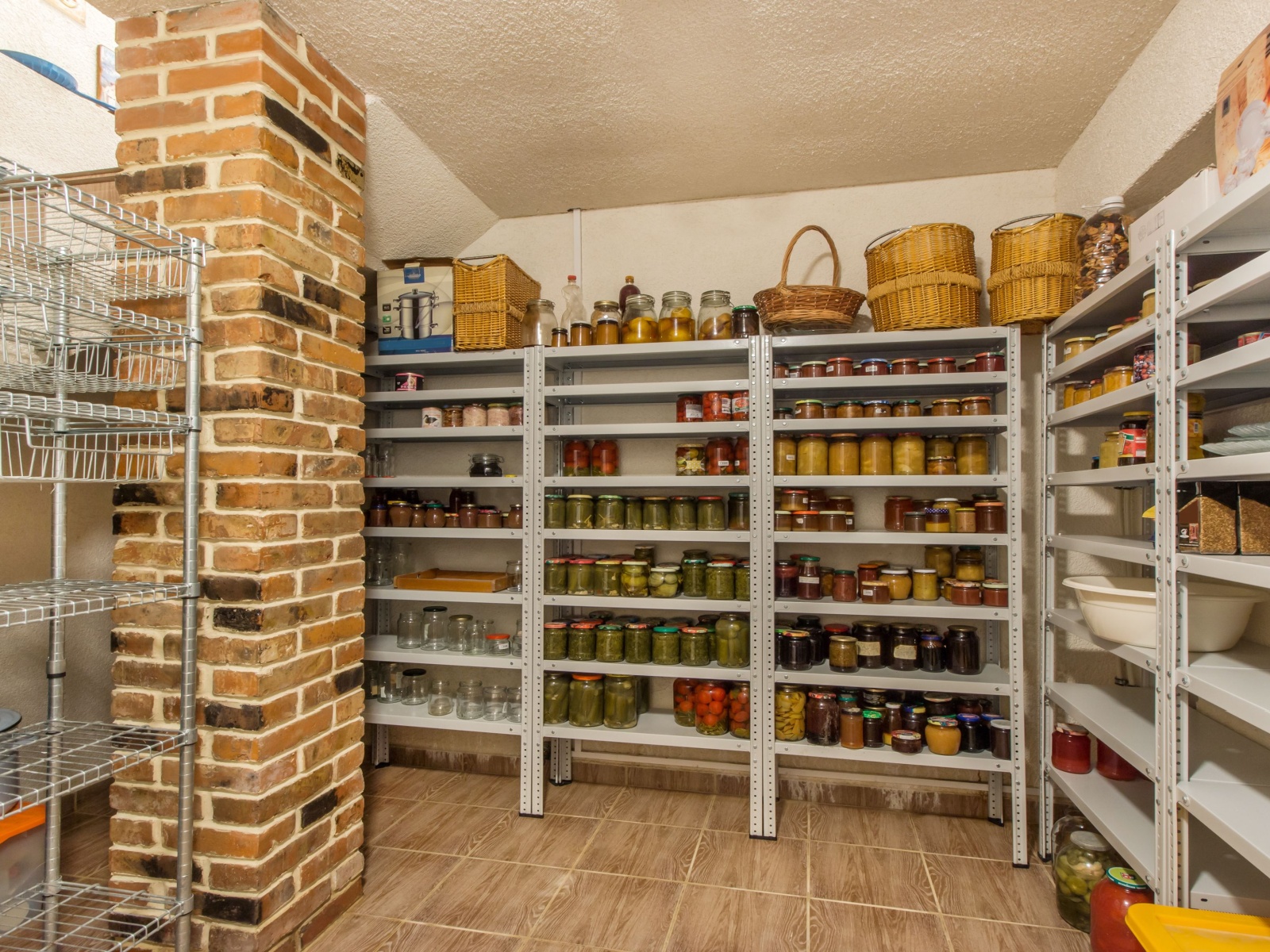
Preppers can easily discover many websites listing items to stock up on, but they might not know it’s crucial to rotate those stockpiles. Food and supplies have expiration dates, so check and use them regularly to avoid waste.
16. Knowing Local Risks
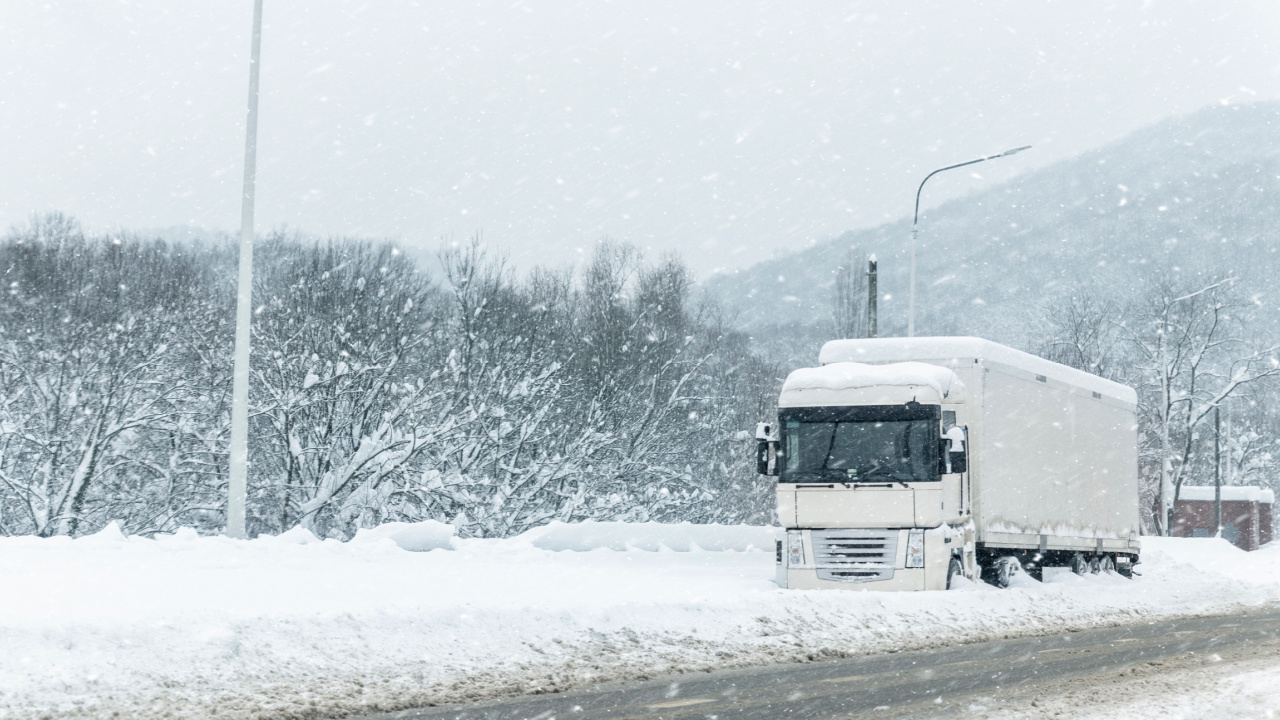
Being ready for global pandemics and natural disasters is often stressed, but remember the local emergencies that could happen in your area, too. Make sure to look into disasters that have impacted your community, like hurricanes, earthquakes, or wildfires in the past, and prepare for them accordingly.
17. Spending Budget On Expensive Gear
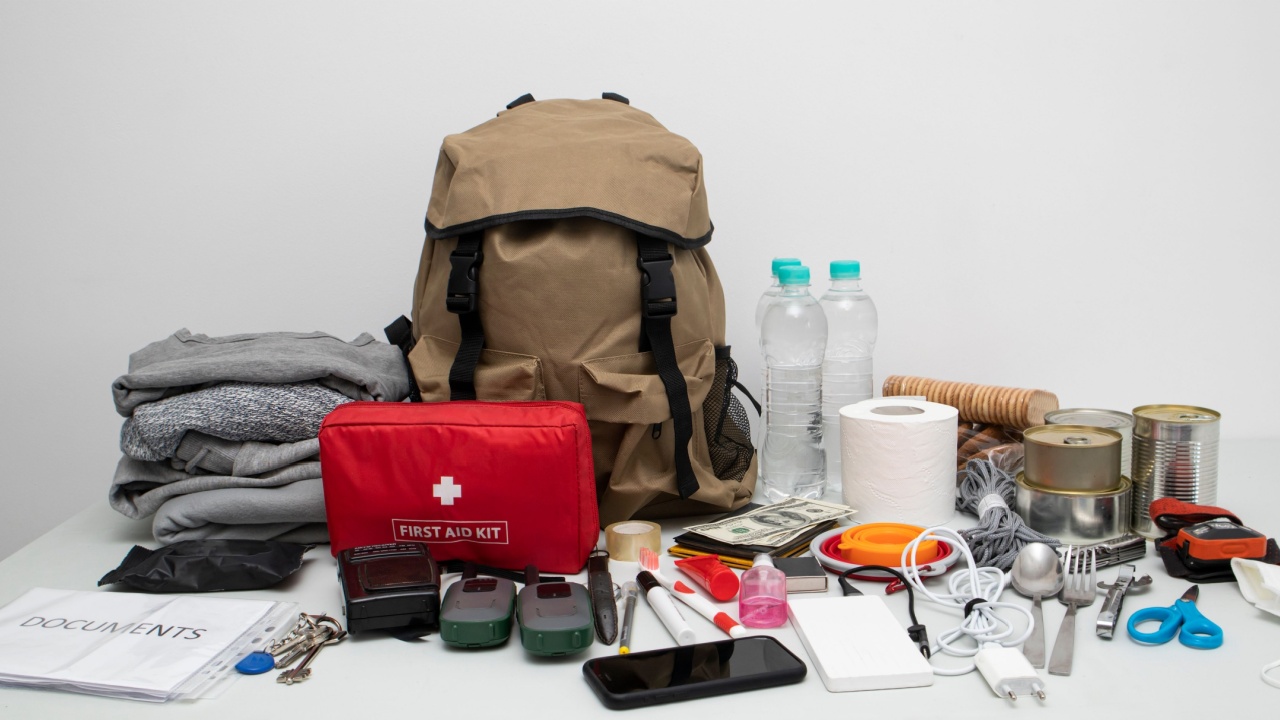
Just because a piece of gear is advertised as necessary for preppers doesn’t mean it’s the best investment. Many preppers recommend focusing on practical and multipurpose tools rather than expensive gadgets they may never use.
18. Misunderstanding Climate Change

There are many people ignoring climate change, and some even deny that it is happening. Some people may not understand how climate change affects weather and disasters, which can result in unpreparedness.
19. Alternate Energy Sources

Some preppers ignore the importance of alternative energy sources because they are unfamiliar or misinterpreted information. Preppers should consider the potential benefits of energy sources such as solar panels, wind turbines, and generators in their emergency preparedness plans.
20. Wildlife Behaviors

Knowing how animals behave can be super important in survival scenarios. It can guide you to food, avoid danger, and even anticipate natural disasters. Yet, many preppers don’t learn about local wildlife and often misinterpret their behavior in survival situations.
21. Miscalculate Fuel Needs

For preppers, running out of fuel for vehicles or generators in a crisis can leave them stuck without power. When deciding how much fuel to keep on hand, consider your area’s climate needs and how many vehicles or generators you’ve got.
22. Bartering

Traditional currency may become useless in a disaster, but some preppers may misjudge the value of certain items for bartering. The valuable items in a crisis can depend on the situation and location. For instance, during a natural disaster like a hurricane, stuff like batteries, water filters, and canned food could be very popular.
23. Listen To Reliable Sources

Remember, prepping for survival scenarios is not just about hoarding supplies and buying the latest cool gadgets. It’s key to keep a practical outlook on survival tips you come across and take the time to research until you find trustworthy sources.
24. Use Your Common Sense

Remember to think critically when you’re checking out survival skills, new gear, and prepping strategies. Don’t just go along with everything you read or hear. Trust your gut and think about whether the info works for you.
31 Ways to Boost Home Security: How to Fortify Your Fortress and Deter Burglars

We sadly live in a society where it’s all too common for criminals to want to take what we’ve worked hard to get. The results of a break-in are traumatic, too. Beyond just losing your stuff. Victims often feel violated, anxious, and unsafe, sometimes for years after the event.
Prevention is the best way to stay safe. And, while you shouldn’t have to turn your home into a fortress, that’s the stark reality of our world. But you can take plenty of simple steps to deter burglars and ensure your home is less attractive to would-be thieves.
25 Winter Foraging Foods to Save Money on Your Grocery Bill

With food prices going up by 15% from October 2021 to October 2023, finding ways to cut down your grocery bills is more important than ever. Winter foraging is an awesome way to add to your pantry for free. Yes, you get free food in the form of wild edibles, but it’s also fun for the whole family, gets you moving, and reconnects you with nature.
Even though foraging in winter seems hard compared to the bounty of late summer, there’s still plenty out there if you know where to look. Plus, if things do go south, you need to know how to get wild foods to survive when there are no old-world supplies to access.
23 Smart Ways to Preserve Food
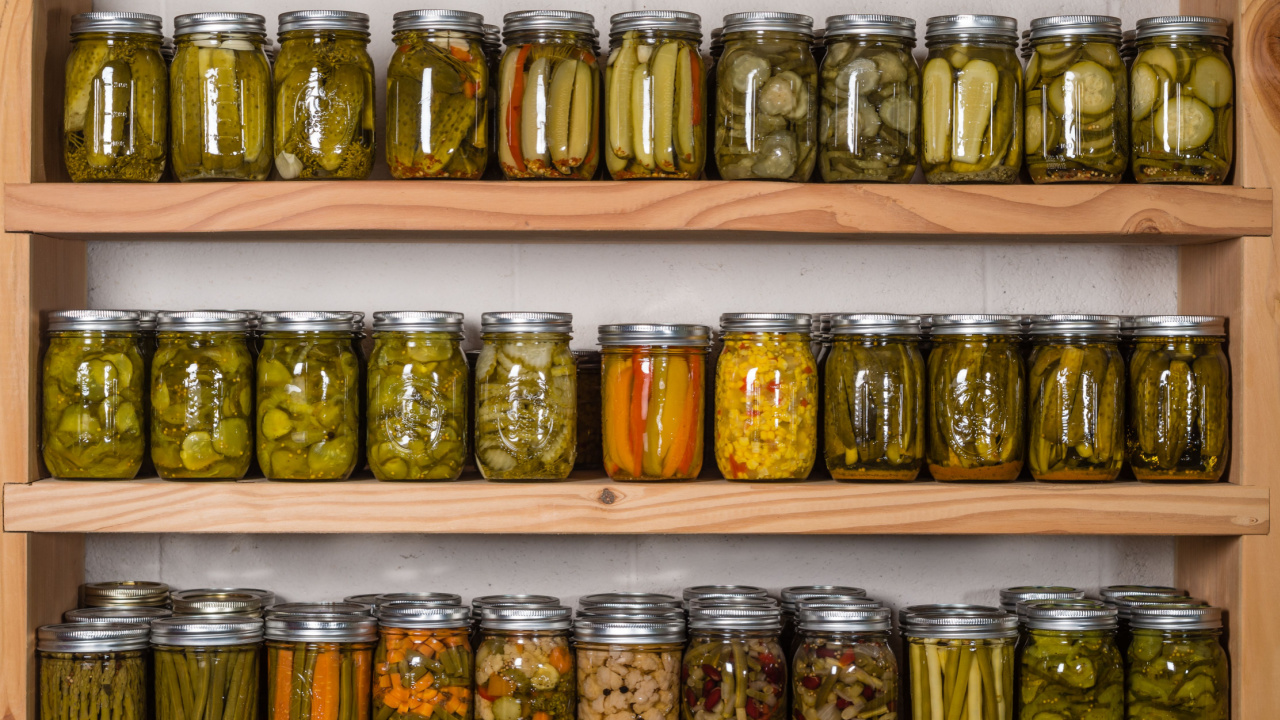
Preserving food is an art as much as it is a science, tapping into our ancestral roots and addressing modern needs. Whether you’re looking to avoid waste, prepare for leaner times, or simply enjoy the fruits of your labor year-round, these 23 smart methods will guide you through. I’m a huge fan of preserving things I find on sale, gluts of produce from my homestead, or produce I’ve bartered with someone else.
